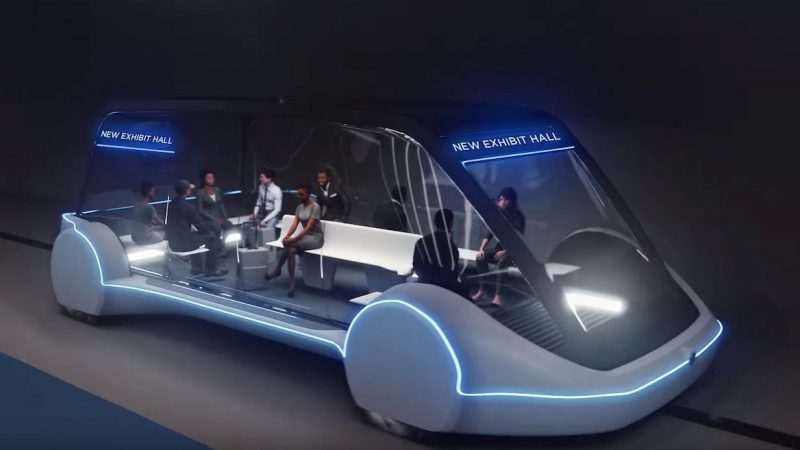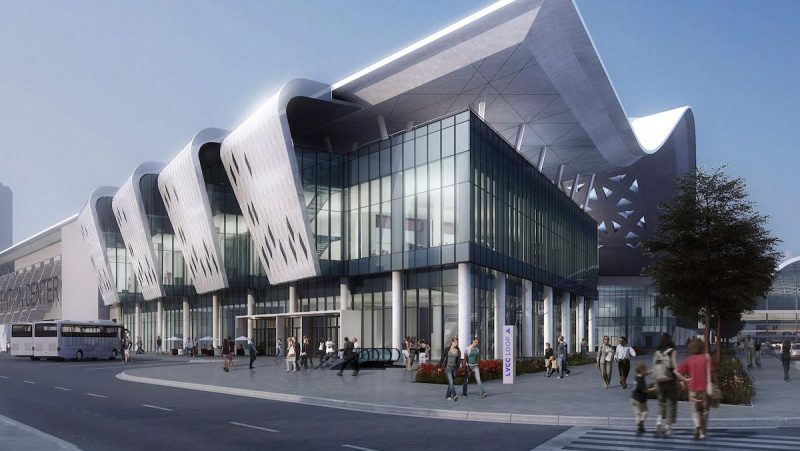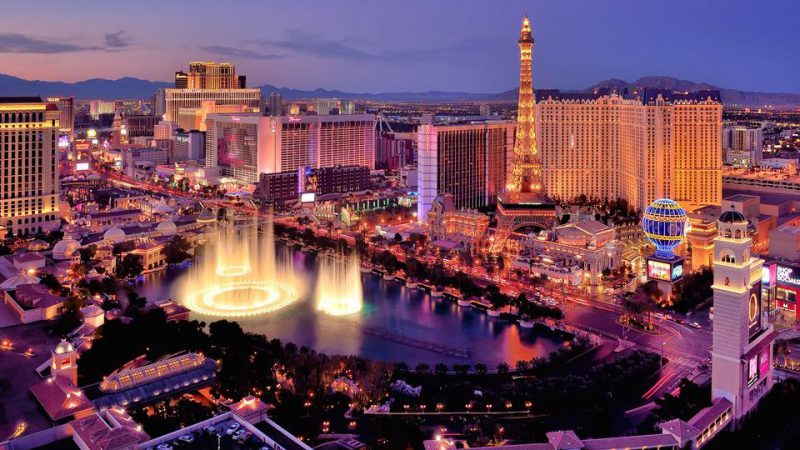Accessible Las Vegas: LVCVA Looks to Elon Musk for People Moving Solutions
New public transportation option will transform Las Vegas for business travelers
March 13, 2019

Las Vegas is looking to tab Elon Musk’s The Boring Company (TBC) to design, construct and operate a people mover for the Las Vegas Convention Center via a loop of underground express-route tunnels that could carry passengers in autonomous electric vehicles at high speeds.
The Las Vegas Convention and Visitors Authority (LVCVA) Board of Directors made a monumental decision this week that will revolutionize Southern Nevada’s transportation and has the potential to connect Downtown, the Las Vegas Convention Center, the Las Vegas Boulevard Resort Corridor, McCarran International Airport and beyond.
In 2018, Las Vegas had more than 42 million visitors. The Las VegasConvention Center hosts more than 1 million convention attendees annually. The Regional Transportation Commission of Southern Nevada carries approximately 12 million passengers per year within the Las Vegas Boulevard Resort Corridor.
Currently in the midst of an expansion, the Las Vegas Convention Center will span 200 acres when complete in time for CES in 2021. Conventioneers walking the facility from end to end would log approximately two miles creating the need for an on-property guest transportation solution.
“Las Vegas has maintained its reputation as a leading travel destination because we are driven by innovation and hospitality,” said LVCVA CEO and President, Steve Hill. “This project is an example of how our leading principles can create an experience benefiting our community and valued visitors.”
Founded by Elon Musk, TBC is a leader in innovative transportation technology. Its projects include a Research and Development (R&D) Test Tunnel in Hawthorne, California. The R&D Test Tunnel represents a fully operational 1.14-mile Loop system that cost less than $10 million per mile including internal tunnel infrastructure.
The LVCVA’s TBC recommendation is a result of a multi-step process that started in 2018 with a request for information to gauge interest. A request for proposal was then issued. Interviews with the selected finalists were conducted by an evaluation team who determined the recommended company. The evaluation team was comprised of representatives from the LVCVA, private organizations including a Las Vegas resort property, and consultants in transportation systems, and automated people-mover construction and operations industries.
Moving forward, TBC and the LVCVA will determine specific design, construction and operational plans and negotiate a contract for final approval by the LVCVA Board in a subsequent meeting anticipated by June 2019.
TBC’s existing proposal indicates the underground loop system offers reduced total costs, less disruption to pedestrian and vehicle traffic, and faster construction time than traditional ground or above-ground options. The loop will be designed to meet the full spectrum of ridership needs, including demands from future expansions, with a potential capacity of up to 11,000 passengers per hour. The estimated system cost is between $35 million and $55 milliondepending on route, number of stations and size of stations.
Tourism is the engine that drives the Las Vegas economy, and one of the greatest opportunities for continued growth is business travel. Through expanding and renovating the convention center coupled with innovations in efficiently and effectively moving locals and visitors within the destination, Las Vegas seeks to retain its status as a top conventions city and tourism destination.
Las Vegas as a Business Destination
• Las Vegas hosts upwards of 22,000 meetings, conventions and trade shows annually.
• The destination offers nearly 12 million square feet of meeting space including three of North America’s ten largest convention centers, in addition to a wide array of event, dining and entertainment venues that are also used for group business.
• The Las Vegas Convention Center hosted 56 conventions in 2018 with a combined attendance of 1.3 million people.






